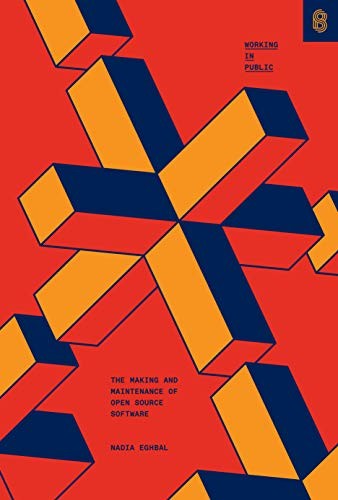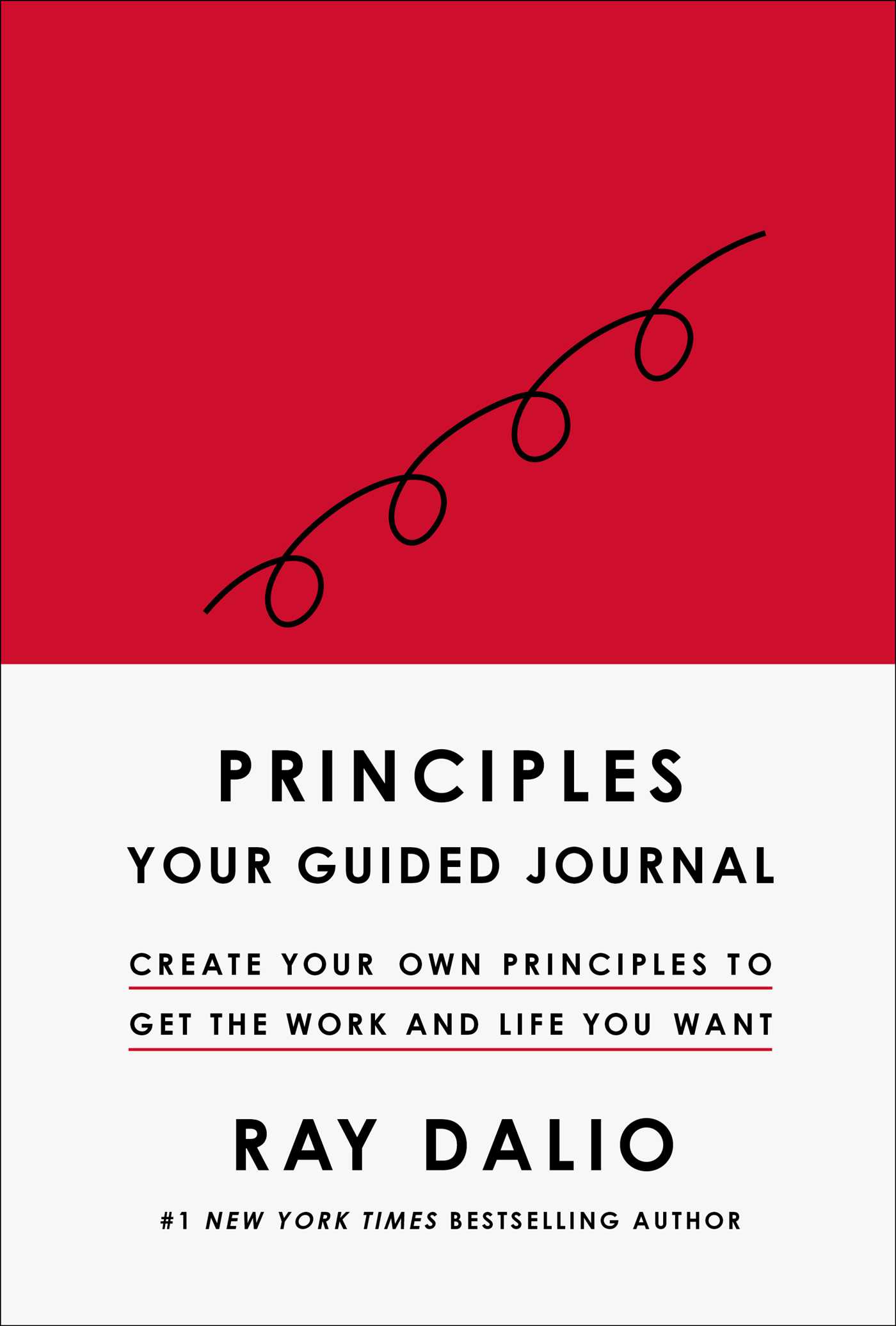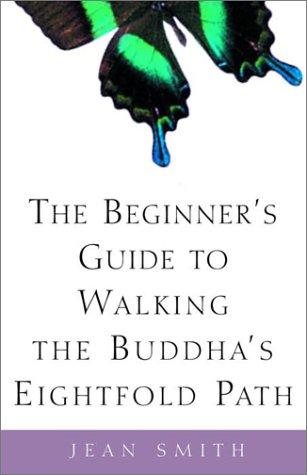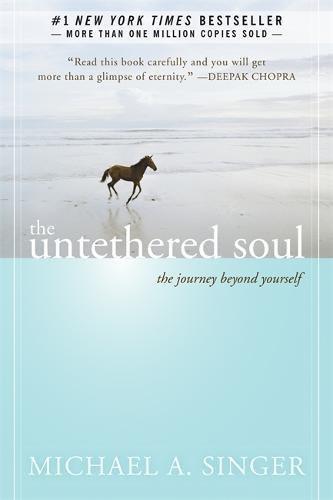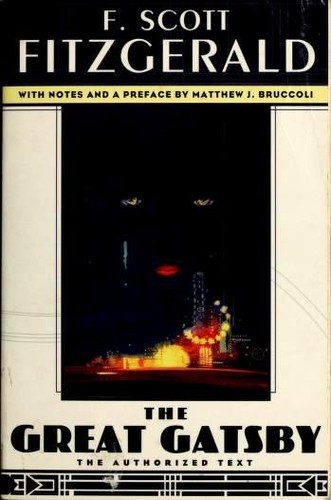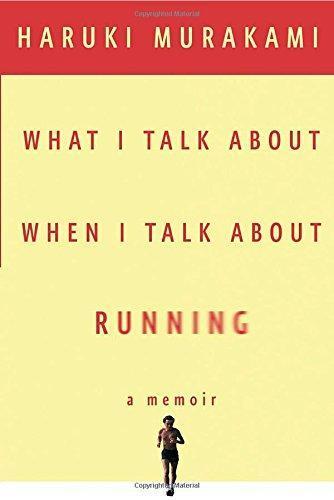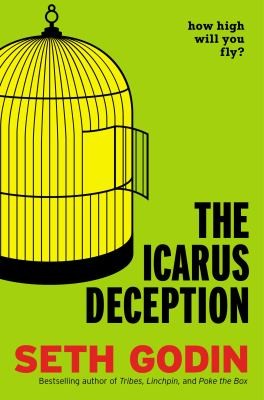One reason I'm reluctant when it comes to bicycling is that a bike's a kind of tool. You need a helmet, bike shoes, and all sorts of other accoutrements, and you have to maintain all the parts and equipment. I'm just not very good at taking care of tools. Plus, you have to find a safe course where you can pedal as fast as you want. It always seems like too much of a hassle. The other factor is fear. To get to a decent bike path I have to ride through town, and the fear I feel when I weave in and out of traffic on my sports bike with its skinny tires and my bike shoes strapped tight in the straps is something you can't understand unless you've gone through it. As I've gotten more experienced l've gotten used to it, or at least learned how to survive, but there have been many moments startling enough to put me in a cold sweat.
— What I Talk About When I Talk About Running by Haruki Murakami (Page 95)
I’m on a similar page here. I’m not a fan of all the equipment and maintenance required for cycling, especially in comparison to how minimal running is.
